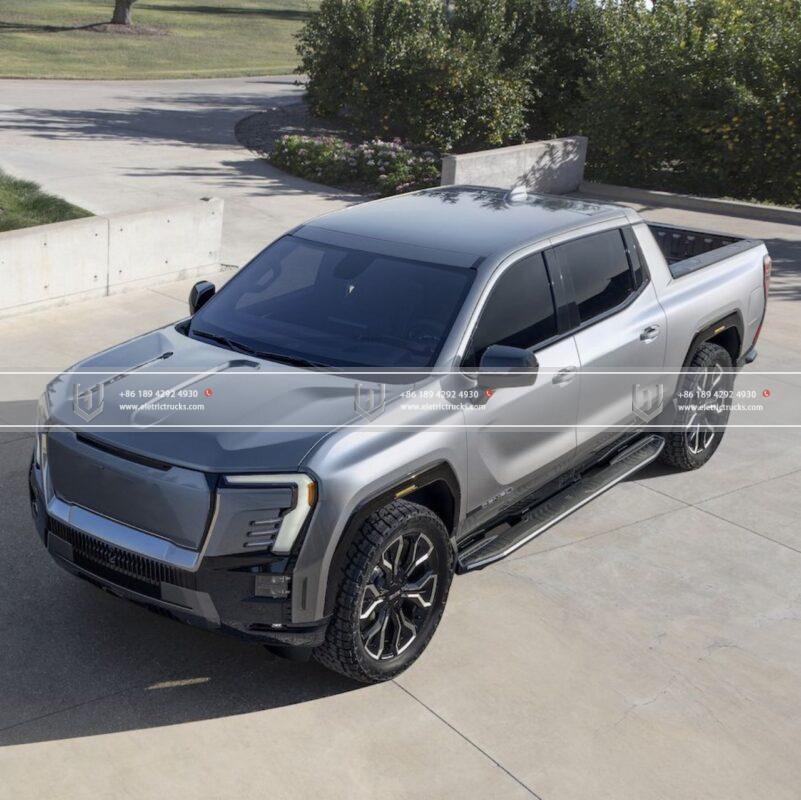Electric Truck Knowledge
On the Road to Sustainability: The Green Appeal of Electric Trucks
In recent years, there has been a growing global concern about the environmental impact of transportation, particularly when it comes to heavy-duty vehicles like trucks. These vehicles play a crucial role in various industries, such as logistics, construction, and shipping. However, their reliance on fossil fuels has led to significant carbon emissions and pollution. To address these concerns and pave the way for a more sustainable future, the rise of electric trucks has gained considerable attention. With their green appeal and numerous benefits, electric trucks are emerging as a promising solution to transform the transportation sector.
One of the primary reasons for the green appeal of electric trucks lies in their zero-emission nature. Unlike traditional diesel-powered trucks, electric trucks are powered by electricity stored in high-capacity batteries. This means that they produce no tailpipe emissions, leading to a significant reduction in greenhouse gas emissions and air pollution. By replacing conventional trucks with electric counterparts, we can make substantial progress in reducing our carbon footprint and improving air quality, especially in densely populated urban areas where pollution levels are often alarmingly high.
Moreover, the environmental benefits of electric trucks extend beyond just zero emissions. As the world shifts towards renewable energy sources, the potential for powering electric trucks with clean energy becomes more prominent. By utilizing renewable sources such as solar, wind, or hydroelectric power to charge the batteries, we can further minimize the environmental impact of these vehicles. This not only helps combat climate change but also reduces our dependence on finite fossil fuel resources, making electric trucks a more sustainable and future-proof option.
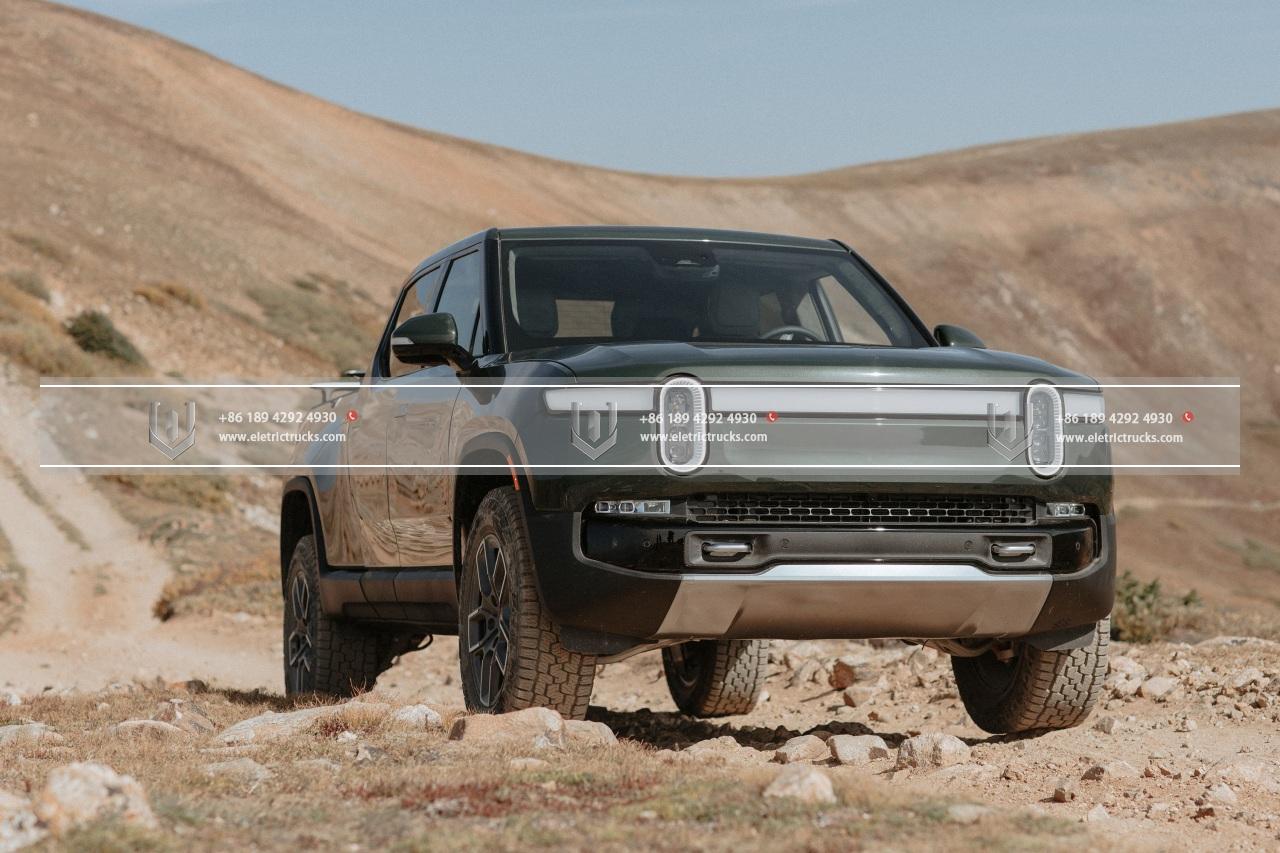
Another advantage of electric trucks is their potential for energy efficiency. Electric drivetrains are known to be more efficient than internal combustion engines, as they can convert a higher percentage of energy from the grid to power the vehicle. This increased efficiency translates to better mileage and reduced energy consumption, ultimately resulting in lower operational costs for fleet operators. Additionally, electric trucks have regenerative braking systems that recover energy during deceleration, further enhancing their overall efficiency. These factors make electric trucks an attractive option for businesses looking to optimize their operations while minimizing fuel costs and maximizing profitability.
The adoption of electric trucks can also contribute to a quieter and less disruptive urban environment. Traditional diesel trucks are notorious for their loud engine noise, particularly when accelerating or idling. This noise pollution not only affects the quality of life for residents but also poses a significant challenge for city planners striving to create sustainable and livable cities. Electric trucks, on the other hand, operate silently, significantly reducing noise pollution levels. This makes them well-suited for late-night deliveries in residential areas or early-morning operations in noise-sensitive zones, without causing disturbances to the local community.
Furthermore, the maintenance requirements аз electric trucks are typically lower compared to their diesel counterparts. Electric drivetrains have fewer moving parts and require less frequent maintenance, resulting in reduced downtime and lower servicing costs for fleet owners. This aspect can have a positive economic impact, as businesses can allocate their resources more efficiently, focusing on core operations rather than dealing with regular truck maintenance. Additionally, the increased reliability and longevity of electric truck components contribute to a more sustainable and cost-effective ownership experience over the vehicle’s lifecycle.
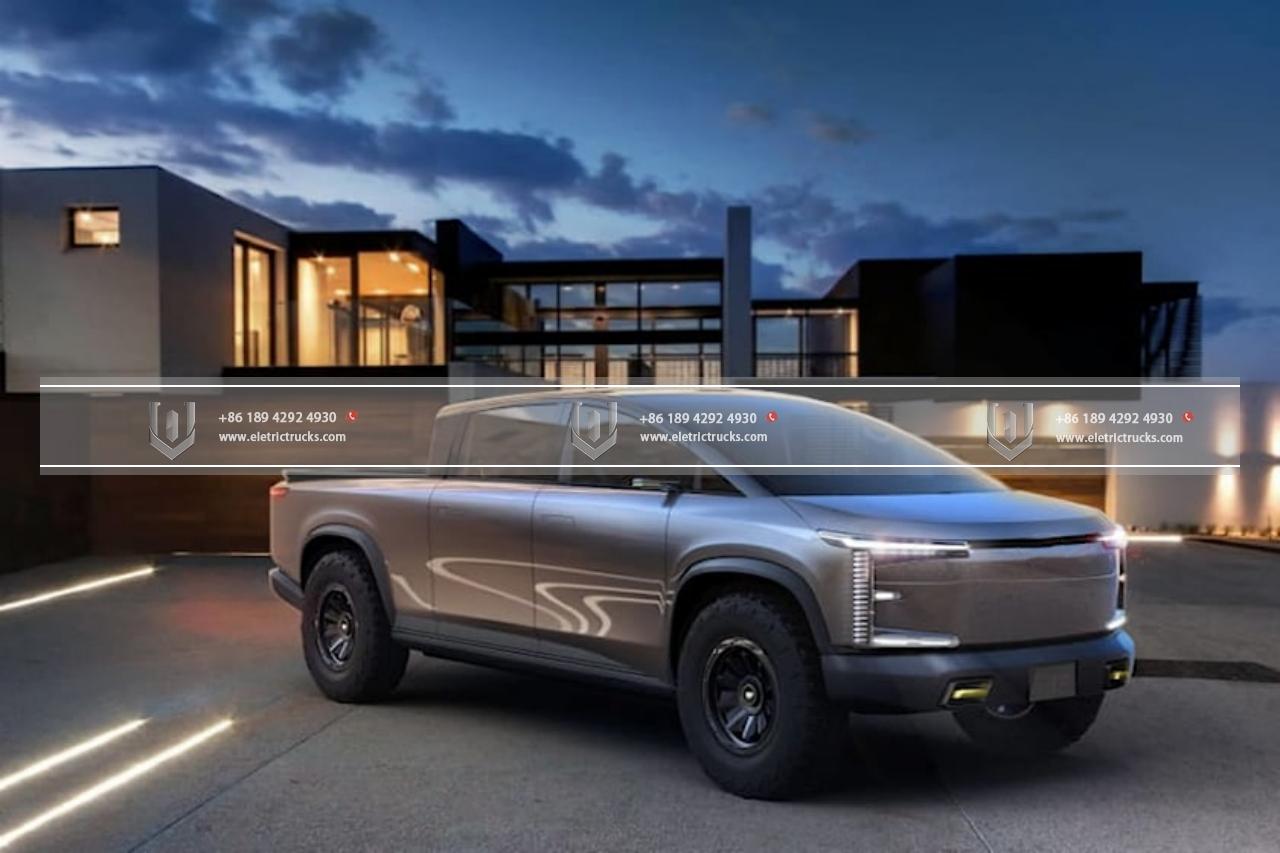
While electric trucks offer numerous advantages, the transition to widespread adoption does come with some challenges. One of the main concerns is the infrastructure required to support electric truck charging. Establishing a robust charging network with sufficient capacity and coverage is essential to ensure that electric trucks can operate seamlessly across different regions and distances. However, as governments, businesses, and charging infrastructure providers collaborate, we can overcome this challenge and build a comprehensive charging network that meets the growing demand for electric trucks.
Additionally, the widespread adoption аз electric trucks can have a significant impact on reducing greenhouse gas emissions and combating climate change. The transportation sector is one of the largest contributors to carbon dioxide emissions, and heavy-duty trucks are a major component of that. By transitioning to electric trucks, we can make significant progress in achieving global emissions reduction targets.
The environmental benefits of electric trucks extend beyond their direct impact on emissions. As more renewable energy sources are integrated into the power grid, charging electric trucks can be done using clean and sustainable energy. This synergy between electric vehicles and renewable energy generation creates a virtuous cycle that further reduces the overall carbon footprint of transportation.
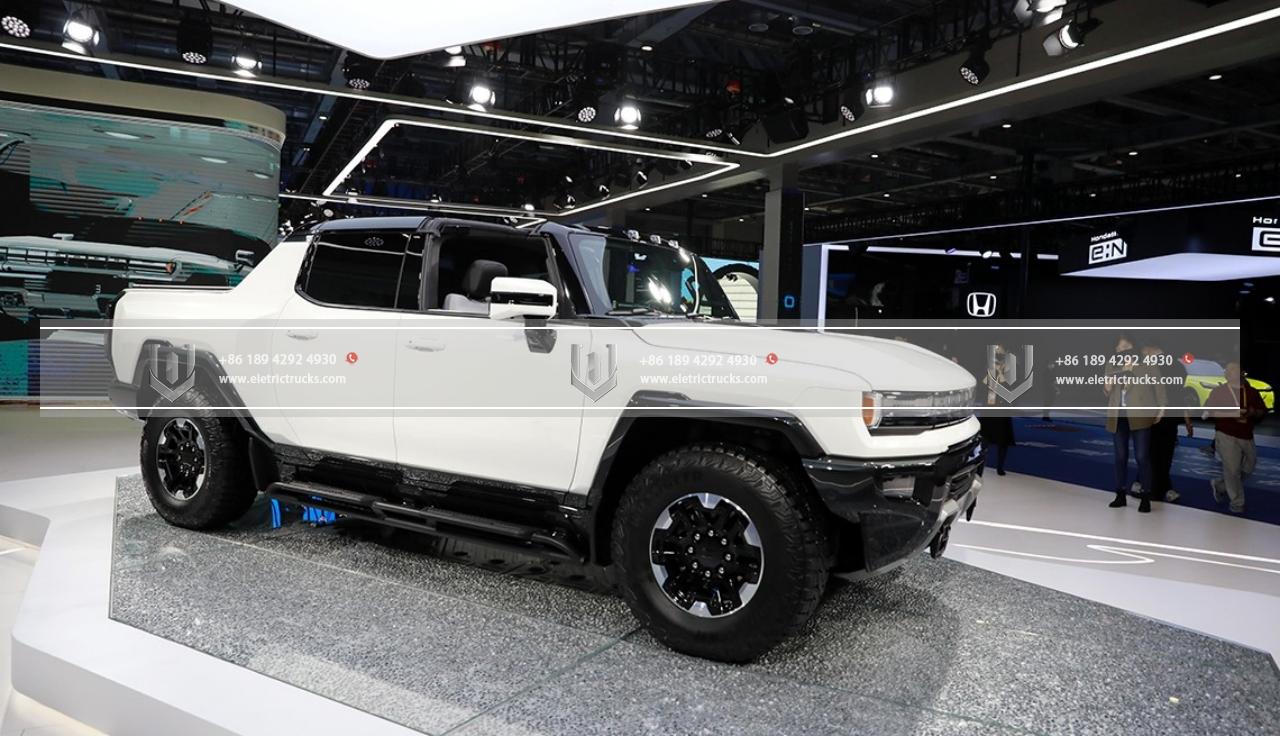
Furthermore, the shift towards electric trucks can stimulate innovation and technological advancements in the automotive industry. As manufacturers invest in the development of electric truck technology, we can expect to see improvements in battery capacity, charging speed, and overall vehicle performance. These advancements will not only benefit electric trucks but can also be transferred to other electric vehicles, such as cars and buses, accelerating the overall electrification of the transportation sector.
The green appeal of electric trucks goes beyond their environmental benefits. It also presents economic opportunities and benefits for businesses and governments. With the decreasing costs of battery technology and the potential for lower operational and maintenance costs, electric trucks can offer long-term cost savings for fleet operators. Electric trucks can also help businesses comply with stricter emissions regulations and gain a competitive advantage by showcasing their commitment to sustainability and responsible business practices.
Governments around the world are recognizing the importance of transitioning to electric trucks and are implementing policies and incentives to support their adoption. Incentives such as tax credits, grants, and subsidies for electric truck purchases, as well as the development of charging infrastructure, are being introduced to facilitate the transition. These measures not only help drive demand for electric trucks but also create job opportunities in the renewable energy and electric vehicle sectors, fostering economic growth and a greener workforce.
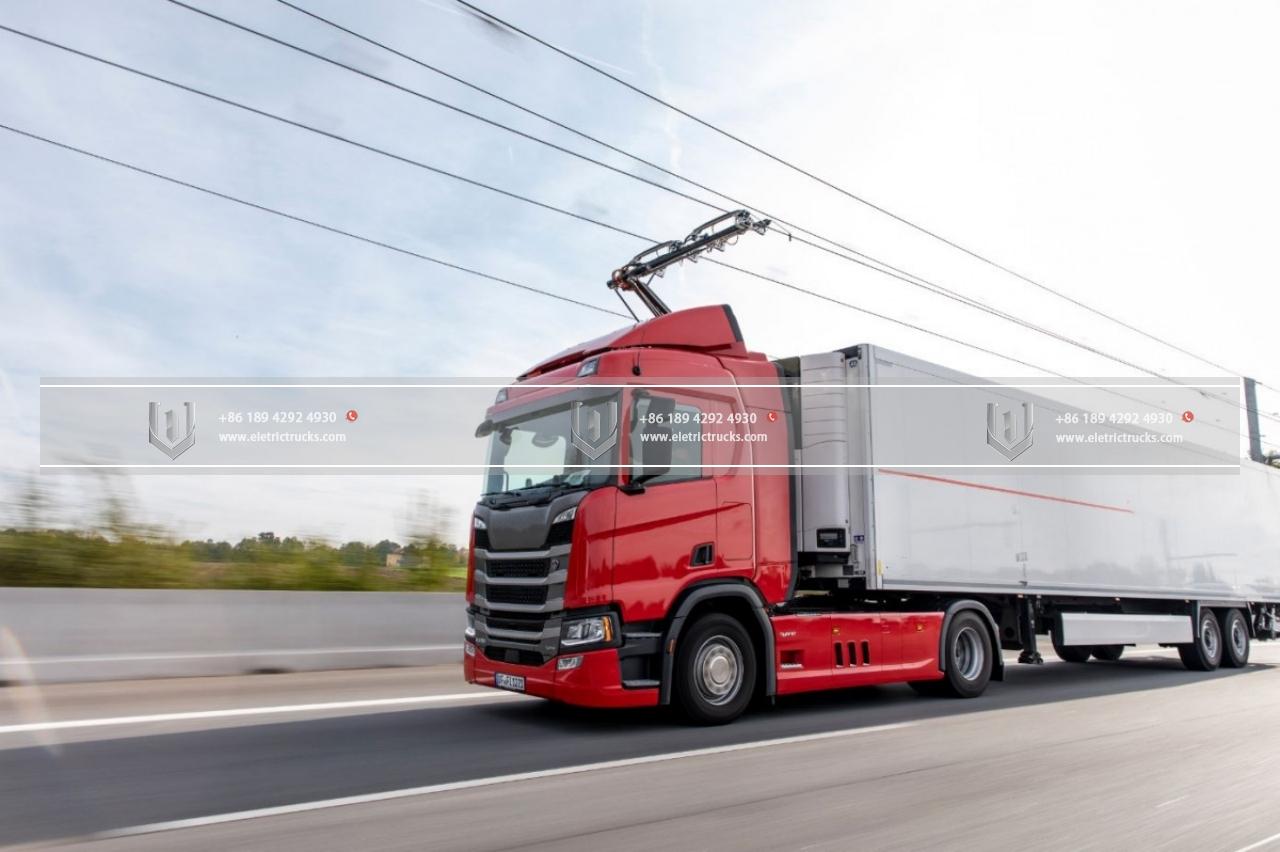
However, it’s important to acknowledge that the transition to electric trucks will require collaborative efforts from various stakeholders. Governments, businesses, charging infrastructure providers, and consumers must work together to overcome the challenges associated with infrastructure development, range limitations, and initial investment costs. Public-private partnerships and collaborations can play a crucial role in addressing these challenges and accelerating the adoption of electric trucks.
In conclusion, the green appeal of electric trucks is undeniable. From their zero-emission nature and potential for renewable energy integration to their energy efficiency, reduced noise pollution, and lower maintenance requirements, electric trucks offer a compelling solution for sustainable transportation. By embracing electric trucks and supporting their widespread adoption, we can drive significant environmental, economic, and technological advancements. The road to sustainability begins with the electrification of trucks, setting us on a path toward a greener and more sustainable future.
